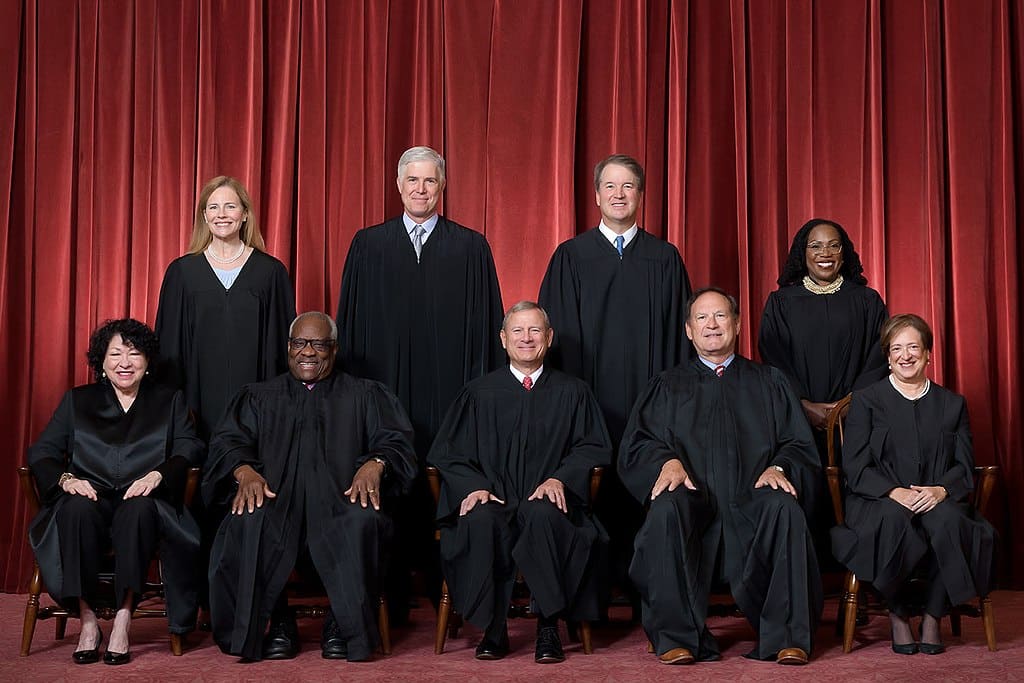Recent reporting on Supreme Court ethics practices has targeted liberal Justices as well as Conservatives.
An exposé this week by the Associated Press included investigations into private colleges and universities who hosted various Justices at events where they had opportunities to mingle with political donors.
The AP noted that liberal Justice Sonia Sotomayer’s staff had pressed colleges to purchase her books when she visited their campuses.
Further, a question-and-answer event and private luncheon with Sotomayor at Clemson University in 2017 reportedly prompted school officials to invite “$1 million-plus donors,” the AP reported.
Liberal Justice Elena Kagan visited the University of Colorado’s law school in 2019, during which one official in Boulder suggested a “larger donor to staff ratio” for a dinner with her, according to the AP.
Reporting by the AP comes on the heels of an investigation by the New York Times that conservative Justice Justice Clarence Thomas had gained access to the wealthy through relationships he built with members of the Horatio Alger Association of Distinguished Americans.
The Times’ probe followed a series of reporting by non-profit news outlet ProPublica starting in April, which revealed that Thomas had not disclosed hundreds of thousands of dollars in luxury vacations, real estate dealings and high-priced boarding school fees for his grandnephew from billionaire Republicans donor Harlan Crow.
ProPublica’s reporting also revealed an Alaskan vacation taken by conservative Justice Samuel Alito in July 2008 “at a luxury fishing lodge that charged more than $1,000 a day,” hosted by “hedge fund billionaire” Paul Singer who had flown Alito to Alaska on a private jet at a more than six-figure price tag—none of which Alito paid or disclosed.
The reporting on both ends of the political spectrum would only seem to underscore the need to hold the Supreme Court to a formal code of ethics.
Senate Judiciary Committee Chair Dick Durbin (D-IL) has warned Chief Justice John Roberts to end the Supreme Court’s practice as virtually the only court in the U.S. operating without a formal code of ethics, or Congress will create a code for it.
In fact, in laying out the Democrats’ agenda for July, Senate Majority Leader Chuck Schumer (D-NY) included proposals to address Supreme Court ethics.
But Democrats aren’t the only ones calling for ethics reform at the high court. Republicans have also recently urged Roberts to adopt a code of ethics—and at least one bipartisan proposal co-authored by Sen. Lisa Murkowski (R-AK) is already “on the table,” according to Durbin.
In June a Quinnipiac University poll had found that overall approval of the Supreme Court had dropped to an all-time low, with 30 percent of registered voters approving of the Court while 59 percent disapproved.
Nearly 7 out of 10 registered voters in the poll answered that they thought the Supreme Court is “mainly motivated by politics,” while just one in four thought the Supreme Court is “mainly motivated by the law.”


